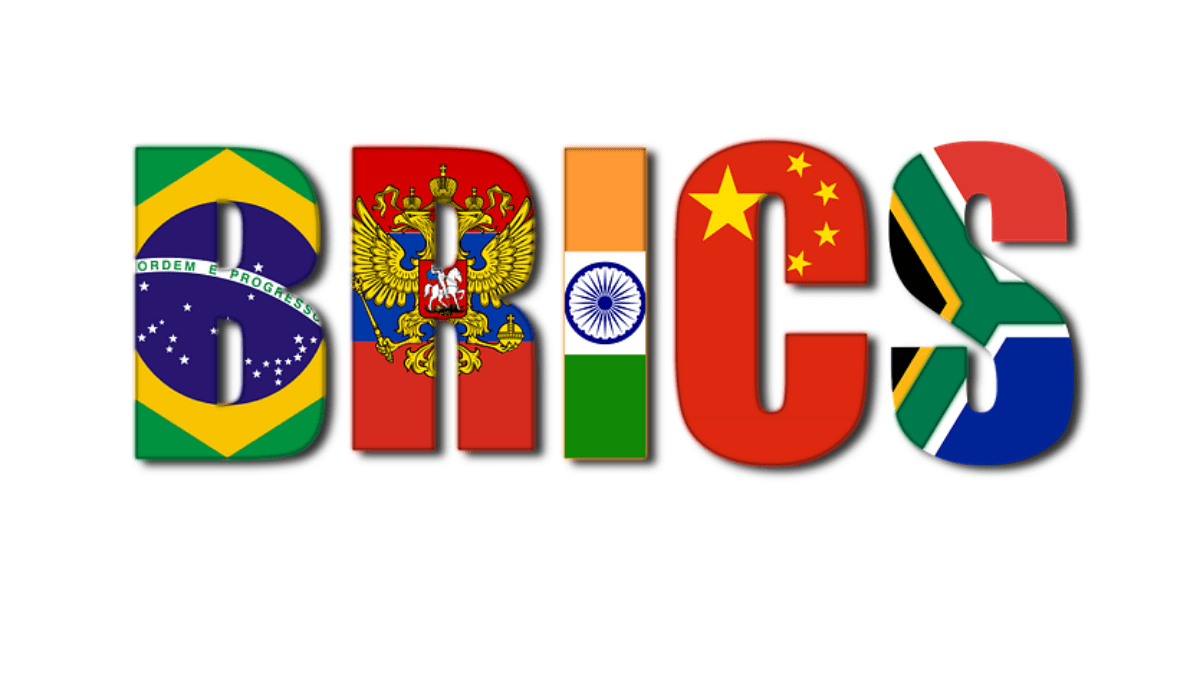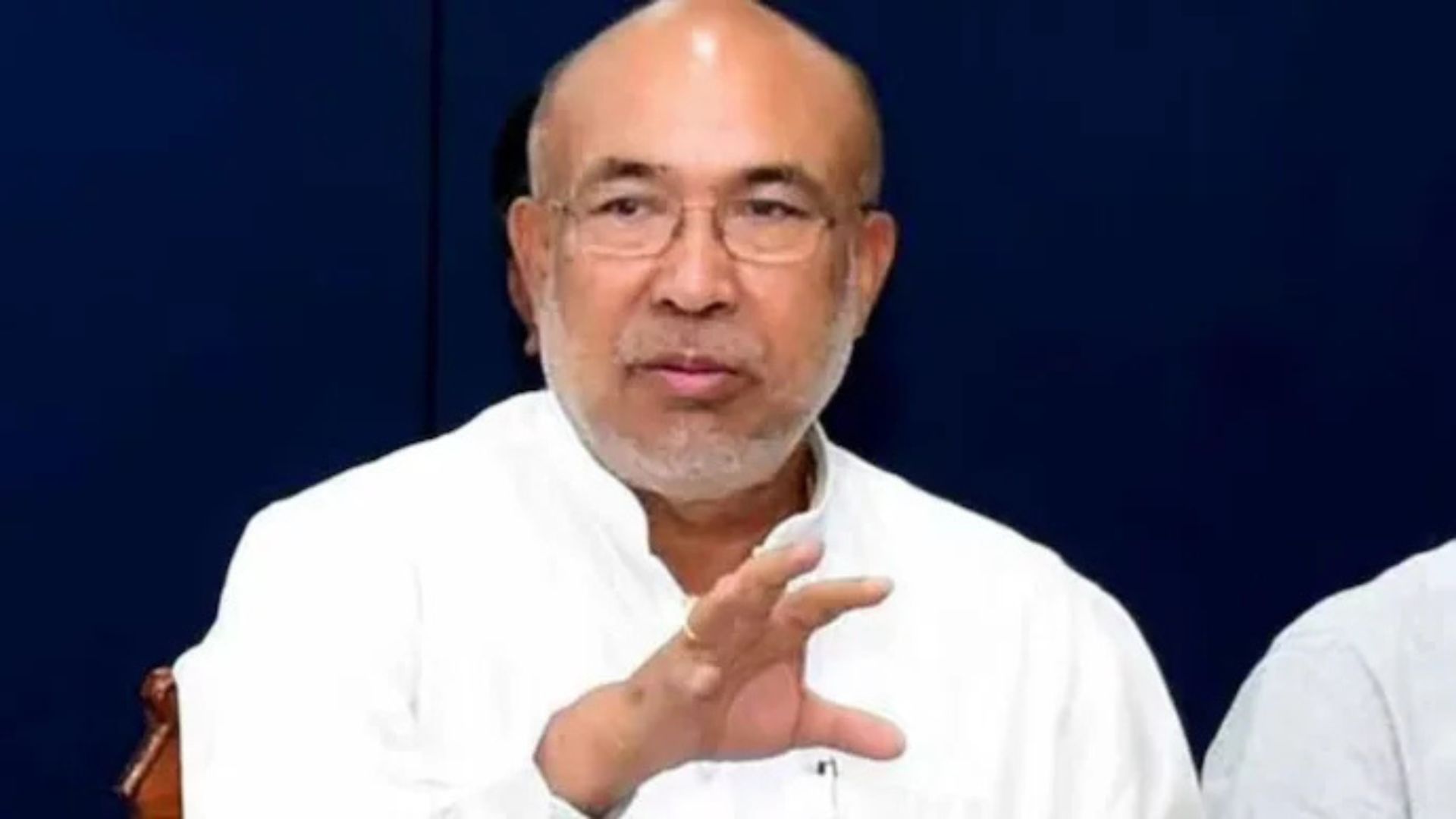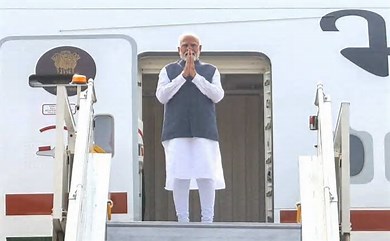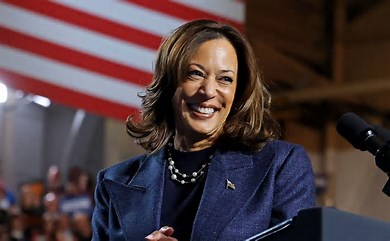
There is some speculation about the direction that the BRICS platform comprising Brazil, Russia, India and China, is taking. The “three pillars” of BRICS are “Political and Security”, “Economic and Financial” and “Cultural and People-to-people exchanges”. In reality, the thrust of BRICS has always been economic—specifically, encouraging commercial and developmental cooperation. A result of this has been the BRICS bank, now known as the New Development Bank, a multilateral development bank headquartered in Shanghai, whose motto is resource mobilization for setting up infrastructure and development projects, both in BRICS countries and in other emerging economies and developing countries, apart from complementing the efforts of multilateral and regional financial institutions for global growth and development. The “political and security pillar” has an apparent multilateral thrust, with its focus being the enhancement of “cooperation and dialogue on issues of global and regional security, developments in the global political space as well as the reform of the multilateral system to make it relevant for the 21st century”. This “pillar” also talks of countering terrorism and its financing. However, on the political and security front BRICS has nothing to show, except for the platform’s utility as a “tool” that can be used by India to make a rather aggressive China give the concession of lowering tensions along the LAC ahead of a BRICS summit. As for countering terrorism, China has a long history of blocking India from getting known Pakistan-backed terrorists designated as global terrorists by the United Nations Security Council. As a result of which, it took a decade of lobbying by India to get Masood Azhar of Jaish-e-Mohammed listed as a global terrorist. Even as recently as last month, China put a hold on the Indian—as well as American—proposal to sanction a Lashkar e Tayyaba terrorist, Abdul Rehman Makki under the Al Qaeda Sanctions Committee of the UNSC. Given such a track record, it’s no wonder that the “political and security pillar” of the BRICS is wobbly.
And now China is pushing for the expansion of the platform to include countries such as Iran and Argentina on board. Post the virtual BRICS summit hosted by Beijing in June 2022, Russia announced that these two countries were on track to become BRICS members. On the margins of the Beijing summit, China hosted a meeting of leaders from Algeria, Argentina, Cambodia, Egypt, Ethiopia, Fiji, Indonesia, Iran, Kazakhstan, Malaysia, Senegal, Thailand and Uzbekistan to discuss developmental issues. Pakistan too, apparently, wanted to be part of this “BRICS-plus” meeting, but alleged that it could not, because of opposition from a BRICS member, presumably India. There is already speculation that all these countries are potential BRICS members, Pakistan included—countries that are considered to be part of China’s orbit of influence, with Pakistan being actually anti-India. Hence, the entry of these countries can only strengthen China’s hands to turn this forum into an anti-western, anti-American bloc. In this, Russia too will be with China, given the antipathy that Vladimir Putin already had against the West, with his dislike exacerbating with the sanctions that have been pouring down on him post the invasion of Ukraine. Analysts are speculating that Xi Jinping may now attempt to push his “Global Security Initiative” into the BRICS. In April 2022, Xi, while speaking at the “Boao Forum for Asia’s” annual meeting, proposed a new “Global Security Initiative” that would be against the “Cold War mentality” and superpower hegemony, which, according to him are endangering world peace. It is an obviously anti-US move, apart from being anti-Quad. China, anyway, has been railing against forums like the Quad and AUKUS, accusing them of being anti-China in their focus. Broadly, GSI is about shutting out the US from the Indo-Pacific and making the Indian Ocean Region Beijing’s—the new hegemon’s—playing field. There is speculation that China will but naturally want the expanded BRICS to be a part of his Initiative—in fact, it is being said that this is the reason why it wants to expand the BRICS platform. It is a different matter that while railing against “hegemony” and “unilateralism”, China is guilty of practising exactly what it accuses the US of, and much worse—its aggression against India and Taiwan and its belligerence in the South China Sea being cases in point. In such a scenario, what will India do? As China pushes to make BRICS an anti-US bloc—which it inevitably will—what future does India have in such a forum, given the depth of its own strategic partnership with the US, its close ties with the western hemisphere, and given the fact that it’s an important player in the Indo-Pacific as a member of the Quad? Even otherwise, such an anti-US forum will go against the grain of India’s foreign policy, which is multilateralism. India may be a founding member of the BRICS, but it needs to keep all options open, including leaving in case it becomes difficult for New Delhi to continue to be a part of such a platform.















